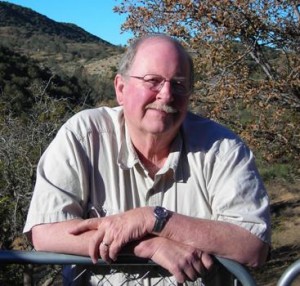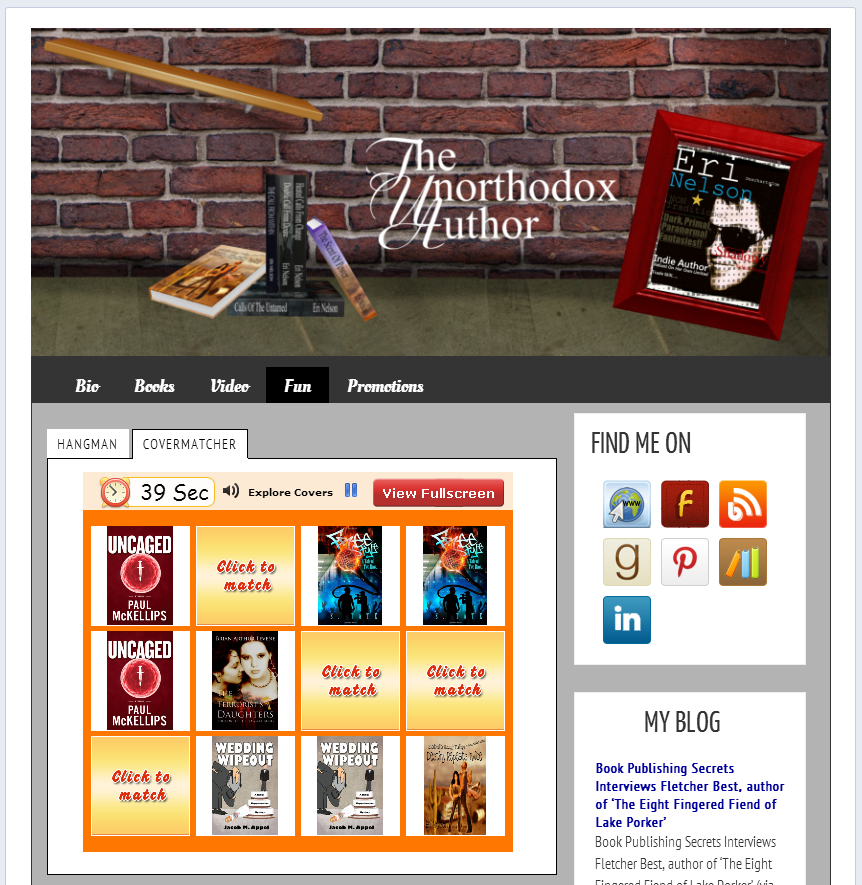Guest Expert: Jim Magwood
I believe most of us have stories to tell: from our own lives and experiences; from things we’ve seen and heard; from dreams and ideas that just pop in on dark nights and lazy afternoons. Writing takes the courage to put ourselves down on paper where others can criticize and poke fun. It also takes the desire to reach and inspire others with word pictures; pictures that will enable them to see beyond the moment, to go beyond their own space, and to dream. Sometimes, the only thing that keeps us going on the project is that this story, this work of art, is coming from our heart and it simply has to come out and be laid gently, lovingly, even tearfully, on paper where at least we can see it. But, we’ve kept at it and it’s now sitting there, and the question becomes, Now what?
You will have all kinds of questions as you move along but there are ways and places to find answers. The main thing is to get your questions discovered and answered before you get crushed in the writing industry.
To quickly summarize the beginning of the process, write the very best book you possibly can. Keep that obvious, yet often overlooked thought in mind as you work. Don’t skimp on self-editing and proofing your work. Spell-checking (over and over); proof-reading (with the nasty red pencil); reading your own manuscript out loud to catch errors your eyes don’t see; checking punctuation and grammar; analyzing the story flow; and on and on. Here are some quick questions to keep in mind.
1. Is there something in the immediate, opening sentences and paragraphs that reaches out and grabs the reader? If your agent or reader is saying, “Where is this going?” in a bored voice rather than an excited one, you’ve lost them before they can even get started.
2. Is the spelling and grammar correct? Are the sentence structures appealing? Is the entire manuscript well laid out? Again, in the very first words and sentences, a publisher is going to be making their decision as to the worth of the manuscript.
3. Who are your characters and how are they developed? Do your main characters quickly take their place in the story? Are they interesting? Do they sound like real people (even if it’s science fiction)? Do they work together like real people would?
4. Do you tell about the characters and the action, or do you make it happen? Action scenes can be exciting; talking or thinking about the action can be just words.
5. How many times have you read something where you said, “Okay. Same old ending.” Or, the last couple of chapters, or the last “surprise” pages, just kind of die out. Consider an ending that doesn’t work out just right for the heroes. The hero kisses his sweetie goodbye and steps outside—onto a land mine. End of story with that sentence. Shocking. Leave your reader crying, and screaming, “Nooooo!!!”
Many of these thoughts sound so simplistic. Of course we do all this. But how many books have you read where they just didn’t make it? Will yours?
There are people out there who say very bluntly that writing a book is simply not fun. That it’s a lot of work and authors often wish they had never started the process. In fact, writing a book is a lot of work, most authors lose money on their effort, and most books don’t even get into stores. You’re going to have people you don’t even know telling you how bad your work is or how much you need to change it. Are you going to be ready to accept the tension, disappointment and cost that will likely come? And the possible lack of acceptance when you finally present it to the reading public?
Yes? Then here’s a thought that I hope you will absorb into your very soul: Don’t let ANYONE take away the challenge, the excitement, the dream and the hope you have as you sit and contemplate your story. DO IT!!! Count the cost, gather your courage, pay the price and DO IT. Bring your dream, your “baby,” to life. WRITE IT!
There are dozens more things you will need to know as you work through the process of writing, publishing and marketing your work. What kind of publishers are there? How do agents look at manuscripts? How do you market your book? This has just been a touch on that process. You can get more help, or “the rest of the story,” by going to my Website and taking a look at the mini-book, “So You’ve Written A Book. Now What?”
I wish you the very best as you go along the writing path, and keep these words in mind: DO IT! WRITE IT!
Continue Reading: So You’ve Written a Book. Now What? Part 2
 Jim Magwood is the author of the international mystery novel, SANCTION. You can visit him at his site. He is also the webmaster of The Author’s Inn, a site dedicated to showcasing authors and their works to readers everywhere at a cost any author can afford.
Jim Magwood is the author of the international mystery novel, SANCTION. You can visit him at his site. He is also the webmaster of The Author’s Inn, a site dedicated to showcasing authors and their works to readers everywhere at a cost any author can afford.




